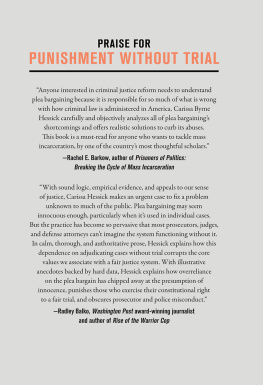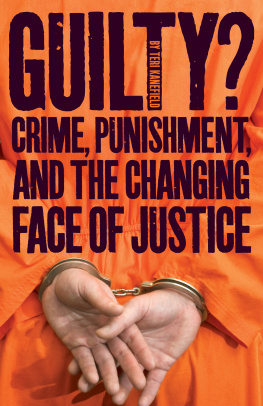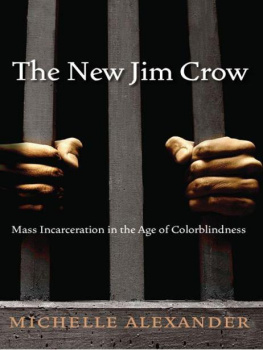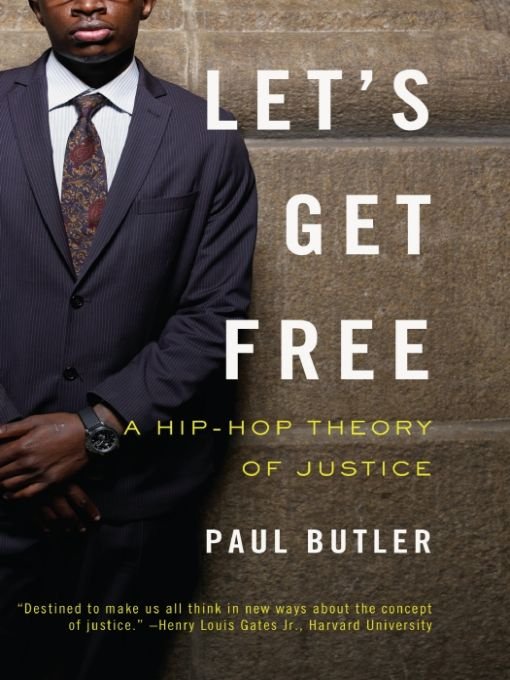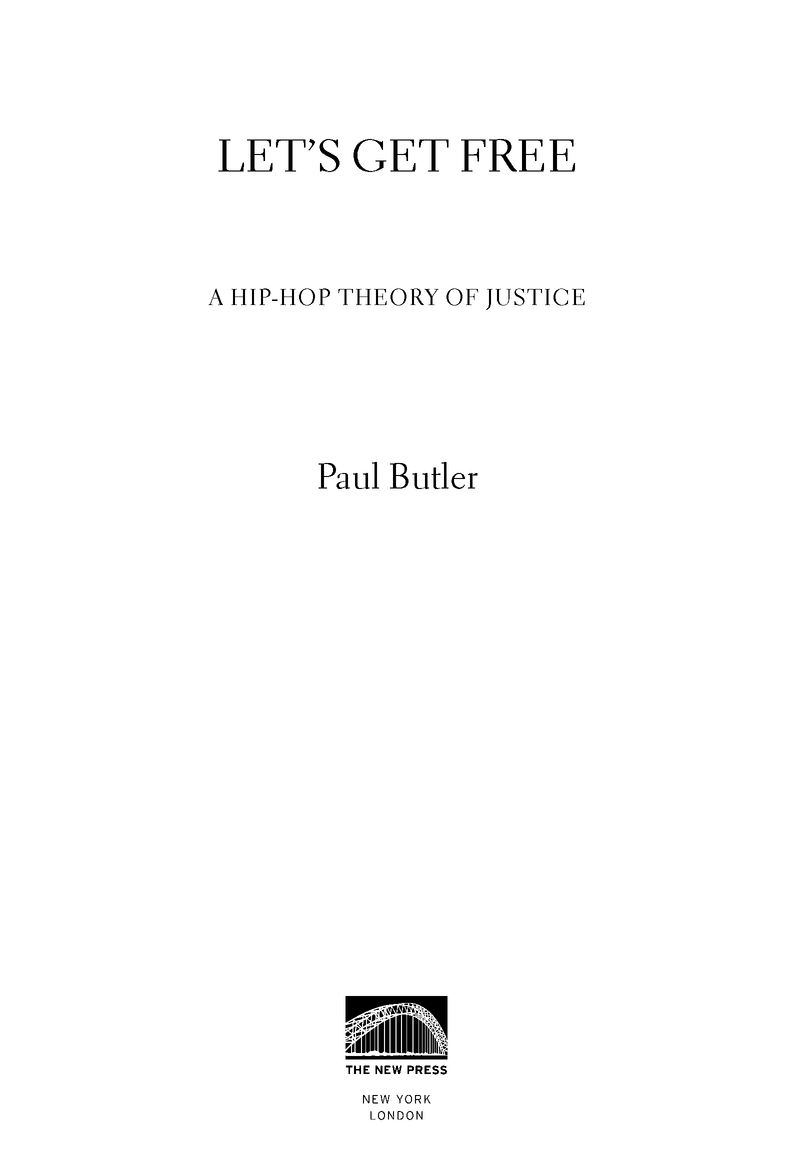Table of Contents
To my mother, Lindi Butler-Walton
ACKNOWLEDGMENTS
The Open Society Institute helped make this book possible when it awarded me a Soros Justice Fellowship. I am grateful to OSI for nourishing my project with both its resources and its fostering of a dynamic community of activists and writers. George Washington University Law School provided indispensable research grants, and the African American Policy Forum gave me both inspiration and cash money, baby.
Much respect to the friends and colleagues who commented on draft chapters. Their insight made this book better. I thank Rachel Barkow, Derrick Bell, Donald Braman, Devon Carbado, Kimberl Crenshaw, Angela Jordan Davis, Roger Fairfax, Luke Harris, Fred Lawrence, Marc Mauer, Tracey Meares, Richard Pierce, Ellen Podgor, Rene Raymond, Dorothy Roberts, William Rubenstein, Katheryn Russell-Brown, David Sklansky, Christopher Slogobin, Dan Solove, Michael Starr, Carol Steiker, and Deborah Tuerkheimer.
Mad props to the peeps who generously shared their ideas, experiences, and creativity, including Chandra Bhatnagar, Anthony Farley, Jacob Goldfield, Lori Green, Cheryl Harris, Lenese Herbert, Cynthia Lee, Eric Lotke, Sunita Patel, Roger Schechter, Mark Srere, David Zlotnick, and the participants in the 2008 Criminal Justice Roundtable at Harvard Law School and the 2008 Social Justice Writers Retreat.
Big up to the crew whose expertise in, or encouragement of, the book-writing process was crucial: Joseph Beckford, Bernard Bell, Christopher Bracey, Sheryll Cashin, Adam Culbreath, Shawn Frazier, Jacqueline Hackett, Helen Elaine Lee, Jonell Nash, Spencer Overton, Myron Smith, and my parents, Lindi Butler-Walton and Paul Butler Senior. The New Press has been incredibly enthusiastic and supportive, especially Diane Wachtell, Priyanka Jacob, and Ellen Adler.
Shout out to Glynis Hammond, my secretary, and my research assistants Bill DuFour, Jessica Inmon, Adrienne Lawrence, Nima Mohebbi, Ashley Rankin, Juan Rafols, Ezra Sternstein, and Ravn Whitington.
It takes a posse to write a book. I owe everything to mine, which includes family, friends, and my wonderful students and colleagues at George Washington University. Thanks, guys.
The title Lets Get Free was inspired by, and is also the title of, the hip-hop artists Dead Prezs debut album (Loud Records, 2000).
The Hunter Gets Captured by the Game: A Prosecutor Meets American Criminal Justice
I am prosecuting a prostitute. She barely speaks English. We are in a room more like a cell than a courtroom. Its in the corridor of the District of Columbia Superior Court devoted to nonjury, the venue for trials of minor crimes. When lawmakers dont want people to have jury trials for certain offenses, they make the sentence for the crime less than six months in jail; then, according to the U.S. Supreme Court, the defendant is only entitled to a bench trial.
Judges, you see, are more likely to convict than juries. In this hallway, justice is processed with extreme efficiencya good judge and prosecutor, working as a team, can get through four or five trials a day.
Crowded inside the little room are the prostitute, a court-appointed defense attorney, a police officer, the judge, me, and my mother. It is my moms first time seeing me in trial and I want to impress her.
The facts of solicitation for prostitution cases are always the same: plainclothes male officer encounters prostitute, she offers sexual favor in exchange for cash, and he arrests her. These are not your high-class call girls but rather streetwalkersthe old-fashioned, skanky kind, complete with pimp, drug habit, and tragic backstory.
Its actually difficult to get arrested for prostitution in the District of Columbia, where its a crime but not a big police priority. Everybodysex workers, customers, and copsknows whats where: Fourteenth Street is biological women, Ninth Street is transvestites, Fifth Street, not far from the courthouse, is male hustlers. On Friday and Saturday nights there are so many johns and other gawkers they create a minor traffic jam.
Generally nobody cares. Its a business district anyway; at night the lawyers and lobbyists are home in the suburbs, so now its the streets rather than the offices that are devoted to service for hire. Sure, the police department has a vice squad, but how much can it do, really? The relationship between beat cops and habitual criminals is polite and semirespectful. Each understands that the other has a job to do.
Sometimes, however, citizens complain, especially when they see the cops and the girls yukking it up. Then a showy crackdown happens for a few days. This is just an annoyance to all the principals. The worlds oldest profession certainly is not surrendering; if anything, it will temporarily switch corners. Police sweeps dont eradicate crimes like prostitution and drug selling; they just make those activities less orderly.
Most of the girls know who the undercover cops (UCs) are, but my defendant has broken two rules. The police report says that she approached the plainclothes officer and offered to perform oral sex (she probably didnt use those words) for $25. Rule number one: always recognize the UCs.
Second, she has the temerity to actually go to trial, when rule number two is: plead your case. Throw yourself on the mercy of the judge; unless you have an exceptionally long string of convictions, you most likely will get sentenced to probation and a drug treatment program, and you can be back on the street that same night.
You plead because there is basically no defense in these cases other than general denial. And who is a judge going to believe, an officer of the Metropolitan Police Department or a Vietnamese girl who happened to be on Fourteenth Street at two oclock in the morning in hot pants, a bikini top, and stilettos? Please. And my mother is watching me? I cannot wait for my cross-examination. I am going to let this whore have it.
I am now prosecuting a United States senator. After practicing on the District of Columbias hookers, addicts, and assorted street thugs, I have graduated to the Department of Justices Public Integrity Section. Three years into it, I am assigned the biggest case of my career.
Senator David Durenberger, Republican of Minnesota, has rigged an illegal scheme to get the government to pay his mortgage. By the time the FBI catches him, he has defrauded the taxpayers out of a few thousand dollars. After three years of prosecuting public corruption cases, Im not surprised that some big-time politicians are sleazes. The startling thing is how low their price is.
We have charged the senator with multiple felonies. Its one of the most important prosecutions in the Justice Department. As a young lawyer, Im lucky to be on the case; I am sure it didnt hurt that I am black. We indicted Durenberger in the District of Columbia, where the jurors are mainly African American.
Im only the second chair; the senior lawyer, a white guy, is just a few years older than I am but has a lot more experience. As long as I get to do a nice opening or closing statement, and a couple of juicy cross-examinations, I will be a happy camper. This is the kind of high-profile case that can make a lawyers career. Life, for this young prosecutor, is sweet.
Shortly before the Durenberger case is due to go to trial, I get arrested.





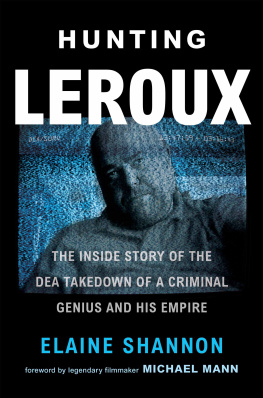
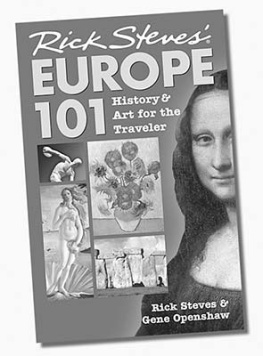
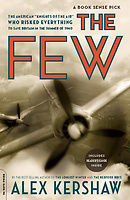
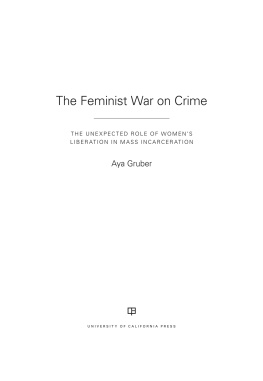
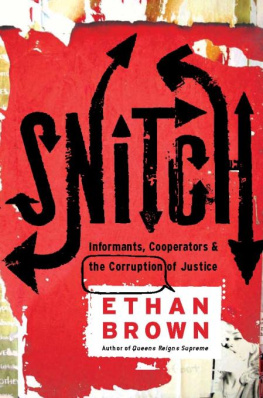
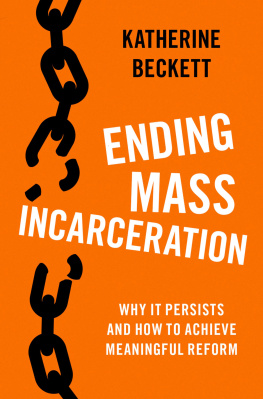
![Laura L. Finley - Crime and Punishment in America: An Encyclopedia of Trends and Controversies in the Justice System [2 Volumes]](/uploads/posts/book/305562/thumbs/laura-l-finley-crime-and-punishment-in-america.jpg)
